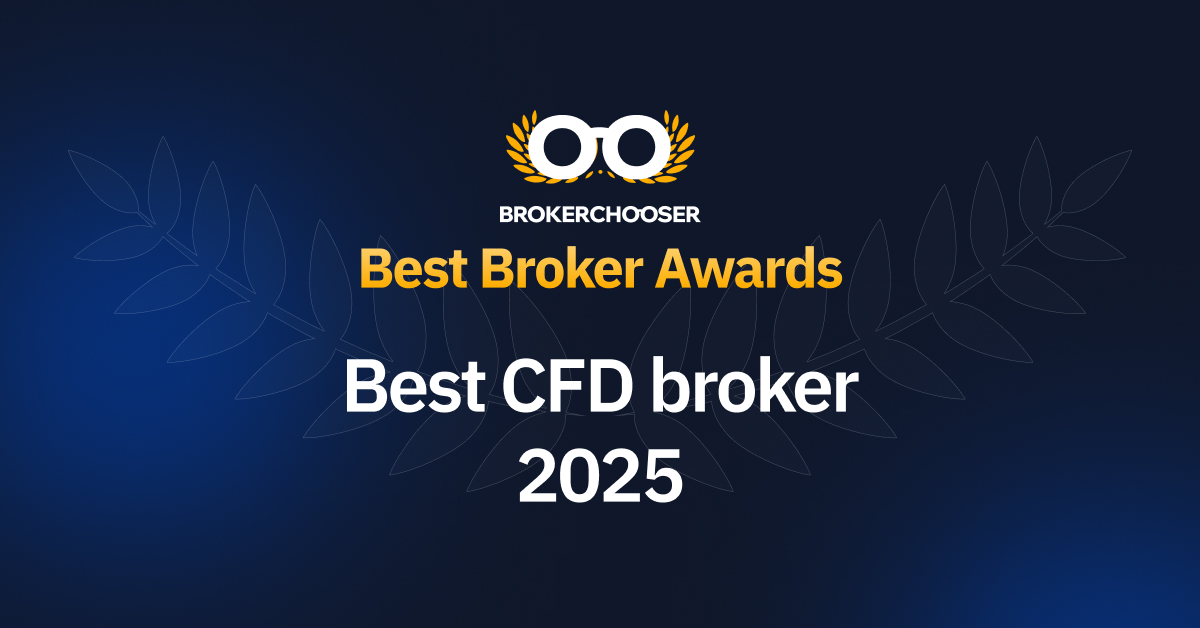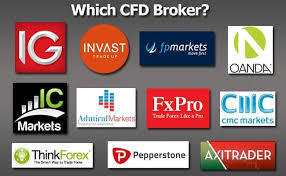Finding the Best Stock CFD Broker for Your Trading Needs

When it comes to trading in the financial markets, selecting the right broker is crucial for success. This is especially true for those who are interested in Contracts for Difference (CFDs) and stock trading. In this article, we will explore what distinguishes the best stock cfd broker top CFD brokers and how to choose one that suits your trading style and needs.
Understanding Stock CFDs
Contracts for Difference allow traders to speculate on the price movements of various financial instruments, including stocks, without owning the asset itself. This can provide flexibility, leverage, and a range of strategies for traders. However, with this flexibility comes an inherent risk, making the choice of a reliable broker even more vital.
Key Features of a Good Stock CFD Broker
When evaluating potential brokers, several key features should guide your decision-making process:
1. Regulation and Security
The first factor to consider is whether the broker is regulated by a credible authority. Regulatory bodies, such as the Financial Conduct Authority (FCA) in the UK or the Cyprus Securities and Exchange Commission (CySEC), impose stringent standards that ensure the broker’s practices are transparent and fair. Choosing a regulated broker provides an added layer of security for your funds.
2. Trading Platform and Tools
The trading platform is your connection to the financial markets, and thus, its usability and features are paramount. Look for a broker that offers a comprehensive trading platform with user-friendly interfaces, advanced charting tools, and several order types. Some popular platforms include MetaTrader 4, MetaTrader 5, and proprietary web-based platforms with mobile app support.
3. Asset Selection

The best stock CFD broker offers a diverse selection of assets. You want a broker that provides access to major stocks, indices, commodities, and other financial instruments. A wider selection means more opportunities to diversify your portfolio and reduces reliance on any single asset.
4. Competitive Spreads and Fees
Cost efficiency is crucial for traders. Look out for brokers offering competitive spreads, low commissions, and no hidden fees. Since CFD trading can involve frequent executions, a broker with lower costs can significantly impact your overall profitability.
5. Customer Support
Having robust customer support is essential. The best stock CFD brokers provide 24/7 support through multiple channels including live chat, email, and phone. Whether you are a novice or an experienced trader, being able to reach out for assistance can eliminate many potential trading frustrations.
6. Education and Research Resources
A broker that assists you in learning the ropes is worth considering. Many top brokers offer educational resources, such as video tutorials, webinars, and articles. Research resources, including market analysis and trading signals, can also give you an edge in your trading strategy.
How to Choose the Right Stock CFD Broker
Choosing the best stock CFD broker requires careful consideration of your trading goals and preferences. Here’s a systematic approach to help you find the right fit:
Step 1: Define Your Trading Style

Your trading style—whether it’s day trading, swing trading, or long-term investing—will influence what types of features you need in a broker. For instance, day traders may prioritize low spreads and fast execution speeds, while long-term investors might look for broader educational resources and lower fees.
Step 2: Research and Compare
It’s essential to conduct thorough research on various brokers. Use comparison charts, read customer reviews, and consult expert opinions on different platforms. A good approach is to create a shortlist of brokers that meet your criteria.
Step 3: Test Drive with a Demo Account
Many brokers offer demo accounts to allow you to experience their trading environment without risking real money. Take advantage of this feature to gauge the usability of the trading platform and to practice your trading strategy.
Step 4: Review Account Types
Different brokers may offer various account types catering to different trading levels. Make sure to review the account specifications—including minimum deposit requirements, leverage levels, and margin requirements—so you choose one that aligns with your investing capacity.
Step 5: Read the Fine Print
Before signing up, ensure that you carefully read the broker’s terms and conditions. Look out for any clauses regarding margin calls, spread changes, or account closure policies that might affect your trading experience.
Conclusion
Choosing the best stock CFD broker is essential for anyone looking to succeed in CFD trading. By considering factors such as regulation, trading platforms, asset selection, costs, and customer support, you can identify the best broker that suits your trading style and needs. Once armed with this knowledge, you’ll be well on your way to navigating the exciting world of stock trading through CFDs.
